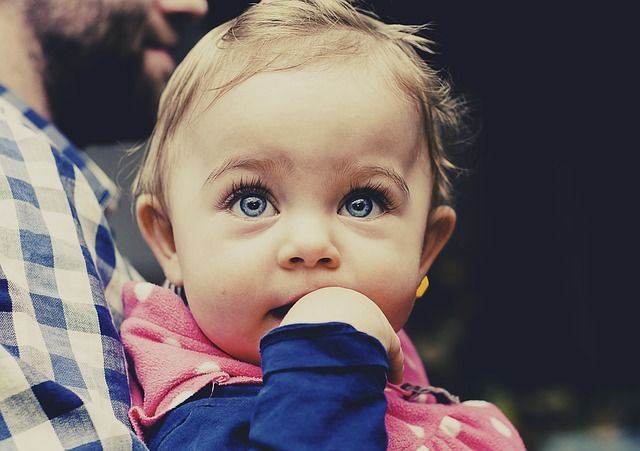Human Evolution: Origins Of Our Big Brains, How Our Evolution Continues

One of the most characteristic traits to set humans apart from other living creatures is our big brains, but how exactly did we develop these brains? In a new study, researchers from the Max Planck Institute believe they have found the DNA mutation that led to this fortuitous development; meanwhile, research suggests that current childbirth trends may lead to further changes in the size of the human skull.
In a paper now published online in the journal Science Advances, a team explains how they have engineered a gene found only in humans, and their prehistoric cousins, the Denisovans and Neanderthals, that may be responsible for the growth of a larger brain. The gene, called ARHGAP11B, is believed to contain the single mutation that allowed humans to grow bigger brains.
See Also: The Future Of Human Evolution
Because this mutation proved to be so advantageous for humans, it was retained throughout subsequent generations. Further growth spurts led to the brain we now recognize as “human,” but it was this original mutation that started it all. According to the study, the mutation occurred around 1 million years after the human line split from chimpanzee, which was between 5 and 6 million years ago.
However, human head size may not be done changing because of the increasing popularity of Caesarean births, according to the recent research. In simplest terms, evolution is all about “survival of the fittest,” and genes which did not allow individuals to survive long enough to reproduce usually died out. In the past, women whose pelvises were too narrow to deliver children, and children whose heads were too large to fit through their mothers' birth canals normally died during labor. However, medical interventions have now allowed individuals with these two traits to survive delivery. As a result, the “genes” for narrow birth canals and larger baby heads are able to be passed onto subsequent generations.
Although it's too soon to say just what type of effect this medical marvel will have on human evolution, some researchers have suggested that Caesarean births are actually making a difference.
"Without modern medical intervention, such problems often were lethal and this is, from an evolutionary perspective, selection," theoretical biologist Philipp Mitteroecker told the BBC."Our intent is not to criticise medical intervention, but it's had an evolutionary effect."
Source: Mitteroecker P, Huttegger SM, Fischer B, Pavlicev M. Cliff-edge model of obstetric selection in humans. PNAS . 2016
See Also:
Published by Medicaldaily.com



























